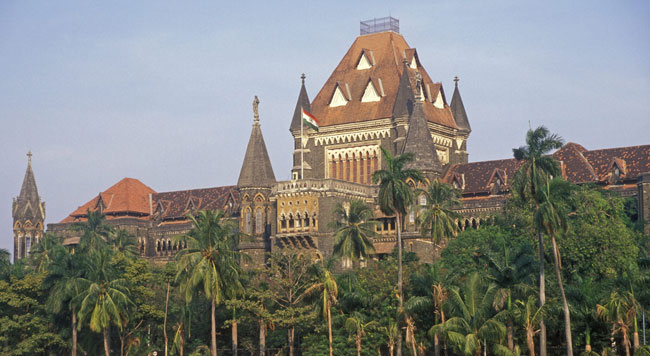Now Reading: Status of Same Sex Marriage in India
-
01
Status of Same Sex Marriage in India
Status of Same Sex Marriage in India
It is a well known fact that under the Hindu religion, marriage is a sacrament, under Islam, marriage is a contract and so on, but have you ever heard that marriage is a crime?
Yes, the stereotypical perspective that is still very much prevalent in our country, in some communities, towns or villages, regard the desire to marry the same sex as a crime.
“Marriage is basically a contract that gives you certain rights- property rights, child custody rights amongst others. We (LGBT) don’t have all that but I cannot be arrested for getting married. Marriage does not have legal sanction. If it was illegal to put up a matrimonial ad then if you open up the papers you will find so many escort ads, all of those are illegal. I cannot go to jail because I got married to someone but I can go to jail because I had sex with someone,”- says Harish Iyer, a mumbai based activist who works for the human rights of the LGBTQIA+ community. He is a survivor of child sexual abuse and came into spotlight in 2015, when his mother Padma Iyer approached a number of newspaper agencies to print an advertisment seeking a ‘groom for her son to marry’. Every major newspaper agency refused to print the advertisement except Hindustan Times who finally printed it.
In a country like India, even the practices that are expressly illegal- such as child marriage, child labour etc, are prevalent. Small towns and villages in Haryana and Rajasthan still practice them under the garb of their very old culture and custom and not a single being dares to interfere or challenge it. Anyone who tries to bring a change in their mentality by intervening in their personal affairs is highly criticised and looked down upon. The traditional definition of marriage has always been a relationship between two people of the opposite sex deciding to spend their life together. For them, it is absurd to believe that their son or daughter wants to marry a person of the same sex- that is their son wants to marry a male or a their daughter desires to marry a female. Such backward thinking regards it as a psychological problem. It’s true- parents take their children to psychologists or psychiatrists for such issues in India.
Coming to statutes, the law is silent on this issue as of yet. Same sex marriages are not expressly ‘illegal’ or ‘legal’ according to law. Consider, if a person married an alien, a being from another planet, would it be illegal in India or would it be accepted? It will not be accepted but it will also not be punished since the law never thought of someone marrying an alien. Similar is the status for same sex marriages.
In spite of the fact that Section 377 has been decriminalised by the Supreme Court lately, there is no provision regarding marriages of the same sex. As of today only 24% of Indians readily accept the idea of same sex marriages, while 62% disregard it, the remaining 14% are silent on it. The majoritarian and political views cannot interfere with an individual’s personal choices. Ideally it should be this way, but the actual scenario is a lot different in India. People often say that after the decriminalisation of Section 377, the next fight in the legal arena would be demanding legalisation of same sex marriages in India.
A parent, mother of a 20 year old female, was asked- what would your reaction be if you found out your daughter’s sexual orientation is that of a lesbian and that she is attracted to females and desires of marrying a female in future. The mother- was silent, she was dumbstruck. After a while, her answer was, “I don’t know how will I take it, it is modern thinking, but to survive and live peacefully and to be accepted in a society like ours, we need to follow what has always been followed- to sustain harmoniously, grow a family and live how everyone has been living since ages.”
The codified or uncodified religious laws do not talk about marriages with the same sex. But the equal right to life guaranteed to citizens by our Constitution cannot be overshadowed by people’s draconian anti- LGBT beliefs, peer pressures and societal threats. Article 21 of our Constitution forbids the state from meddling with the private and personal choices and individual freedom of the person. The term individual freedom is a succinct term to incorporate inside itself every one aspect of rights that goes to make up the ‘personal liberty’ of an individual. It would incorporate the security and sacredness of an individual’s home just as the dignity of the person.
A growing number of countries such as Germany, Malta, Ireland, Finland, New Zealand, Argentina, South Africa, Sweden, Spain, United States have legalised same sex marriages. Even in India, movements like ‘coming out of the closet’ are bringing with them acceptance of same sex marriages but will India be joining the list anytime soon, we cannot say.









